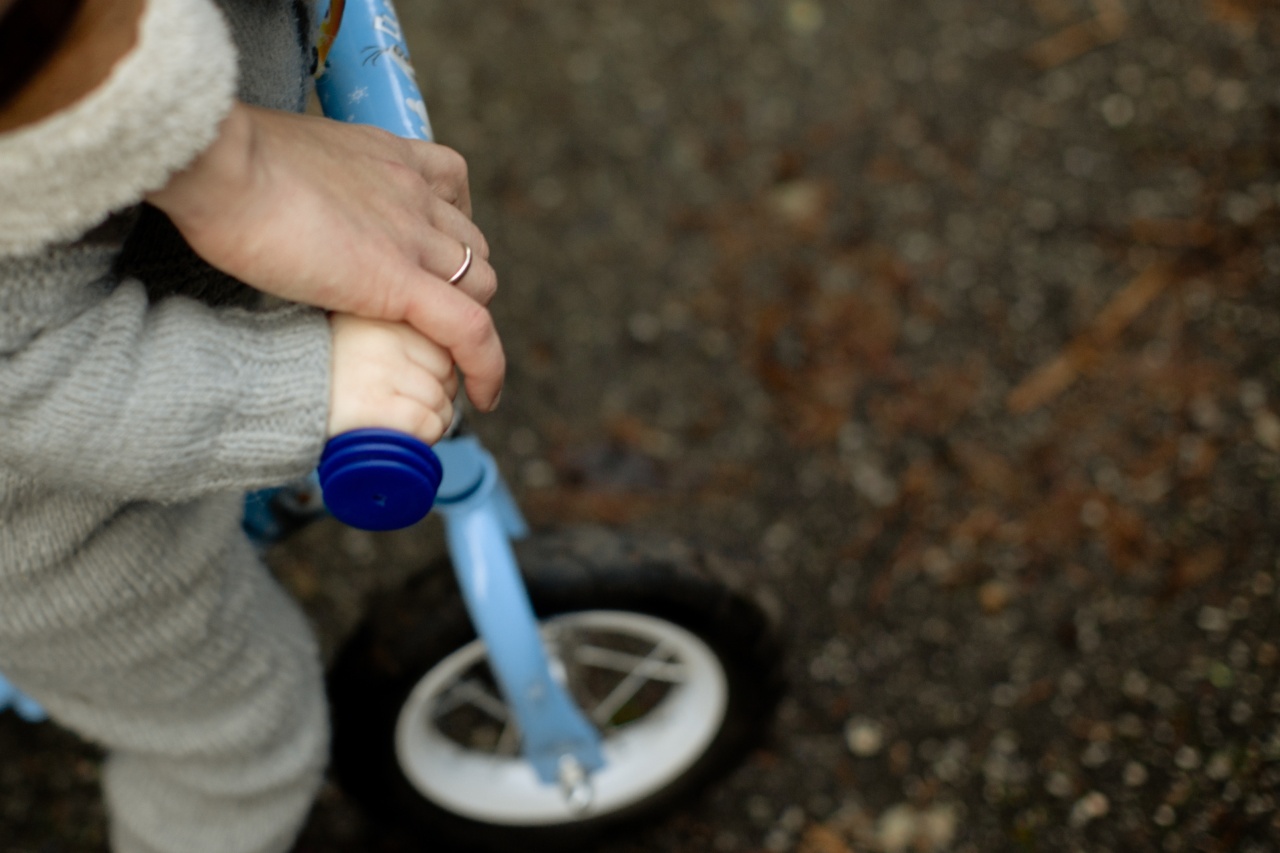Anorexia is a serious eating disorder that affects people of all ages and genders, but it is most common among teenage girls. If you suspect that your child may be struggling with anorexia, it’s important to take action as soon as possible.
This article will provide you with tips on how to help your child overcome anorexia in just 30 days.
Understand Anorexia
The first step in helping your child overcome anorexia is to understand the disorder. It’s important to know that anorexia is not just a matter of willpower or choice, but rather a mental health condition that requires professional treatment.
People with anorexia have an intense fear of gaining weight or becoming fat, even if they are already underweight.
They often have a distorted body image and engage in behaviors such as restricting food intake, excessive exercise, or purging to lose weight.
Seek Professional Help
If you suspect that your child may have anorexia, it’s important to seek professional help immediately.
This may involve consulting with your child’s pediatrician or family physician, who can refer you to a mental health professional or eating disorder specialist.
A professional can provide your child with a comprehensive evaluation and develop an individualized treatment plan. Treatment may include therapy, medication, and nutritional counseling.
Offer Emotional Support
Offering emotional support is an important part of helping your child overcome anorexia. Let your child know that you love and care about them, and that you’re there to support them through their recovery process.
Listen to your child’s concerns and fears, and validate their emotions. Offer encouragement and praise their efforts, even small ones. Avoid criticism or blame, as these can be triggers for further self-destructive behaviors.
Create a Safe Environment
Creating a safe environment is crucial for your child’s recovery from anorexia. This means removing triggers such as diet products, scales, and magazines that promote thinness as an ideal.
Encourage your child to surround themselves with positive role models, and to engage in activities that boost their self-esteem and confidence. Provide a healthy and supportive home environment, and model healthy behaviors yourself.
Encourage Healthy Eating Habits
Encouraging healthy eating habits is a key component of helping your child overcome anorexia. This means providing a variety of nutritious foods and avoiding restrictive eating patterns.
Involve your child in meal planning and preparation, and encourage them to eat when they’re hungry and stop when they’re full. Focus on the health benefits of food, rather than strictly on weight or calorie content.
Promote Physical Activity in Moderation
Physical activity is important for overall health, but it can be a trigger for those with anorexia. Encourage your child to engage in moderate exercise, such as walking or yoga, but avoid competitive sports or excessive exercise regimens.
Help your child find physical activities that they enjoy and that are not focused solely on weight loss or appearance. Encourage them to listen to their body’s cues and to prioritize rest and recovery.
Monitor Progress and Celebrate Successes
Monitoring progress and celebrating successes are important ways to support your child’s recovery journey. Keep track of milestones and progress, and provide positive feedback and encouragement along the way.
Remember that recovery from anorexia is a gradual process, and setbacks may occur. Be patient and supportive, and remind your child of their strengths and progress.
Stay Involved in Your Child’s Treatment
Staying involved in your child’s treatment is essential for their recovery. Attend appointments with your child, and communicate regularly with their treatment team.
Stay informed about your child’s progress and any changes to their treatment plan. If you have concerns or questions, don’t hesitate to reach out to their treatment team for guidance and support.
Encourage Self-Care and Self-Compassion
Encouraging self-care and self-compassion is a crucial part of helping your child overcome anorexia. Teach your child to prioritize their own needs and to take time for self-care activities such as meditation, journaling, or relaxation exercises.
Encourage your child to practice self-compassion and to be kind to themselves, even if they have setbacks or feel discouraged. Help them to develop coping mechanisms for stress or negative emotions, such as deep breathing or positive self-talk.
Final Thoughts
Helping your child overcome anorexia can be a challenging journey, but it’s one that is well worth the effort.
By seeking professional help, offering emotional support, creating a safe environment, encouraging healthy habits, and staying involved in your child’s treatment, you can help your child recover from anorexia and move towards a healthier and happier life.






























